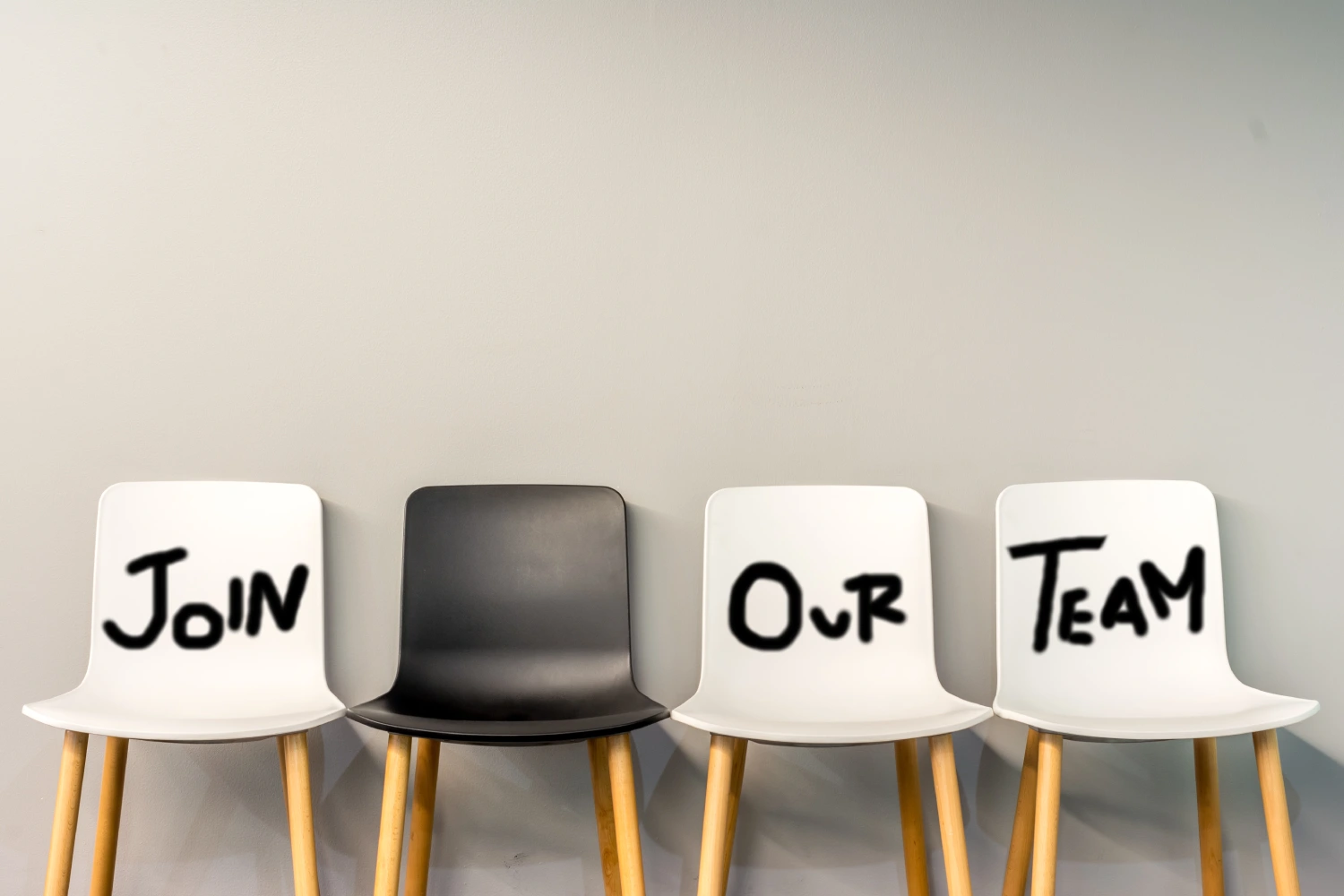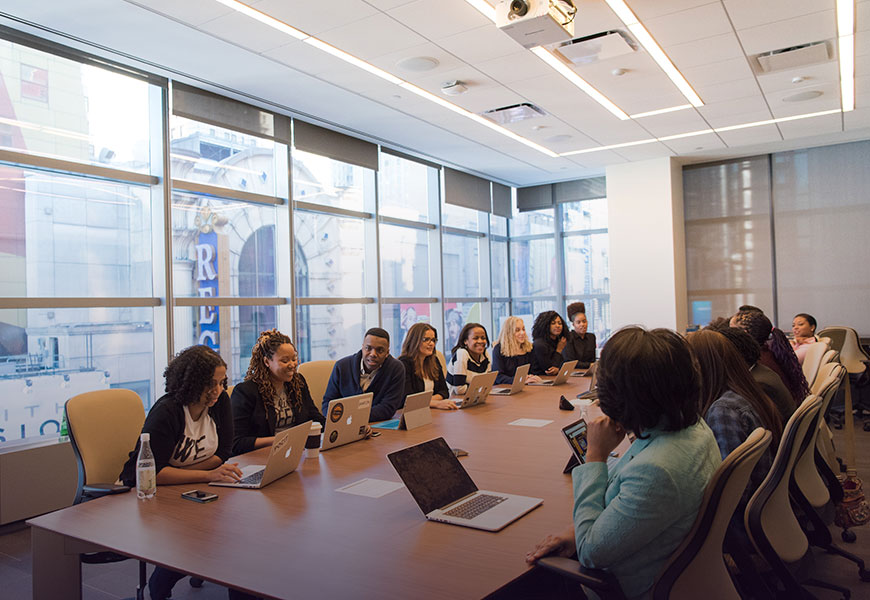
To ace your interview, start by researching the company and role, ensuring your values align with theirs. Master common interview questions, focusing on your past experiences in problem-solving and teamwork. Dress professionally to make a great first impression, and practice active listening during the conversation to show engagement. After the interview, follow up with a thank-you note to express your enthusiasm and leave a lasting impression. Discover more effective strategies to enhance your interview skills.
Research the Company and Role
When you dive into researching the company and role, you not only gain valuable insights but also show your genuine interest in the position. Understanding the company values is crucial; it helps you align your own principles with theirs, making you a more appealing candidate. Look at their mission statement, recent news, and culture to grasp what drives them.
Next, familiarize yourself with the role expectations. Review the job description carefully and identify the key skills and responsibilities. This’ll not only prepare you for the interview but also enable you to articulate how your experiences meet their needs. By doing this, you position yourself as someone who’s not just looking for a job, but truly invested in contributing to the company’s success.
Master Common Interview Questions
How well do you know the common interview questions that might come your way? Mastering these questions is crucial for your success. Start by familiarizing yourself with behavioral questions, which often ask you to provide examples from your past experiences. Reflect on situations where you demonstrated problem-solving skills, teamwork, or leadership. Practicing with mock interviews can help you articulate your thoughts clearly and confidently. Record yourself or ask a friend to give feedback on your responses. This preparation not only boosts your confidence but also allows you to tailor your answers to the job at hand. Remember, the more prepared you are, the more you’ll impress your interviewers and increase your chances of landing that job.
Dress for Success
While you might know your qualifications inside and out, your appearance can significantly impact first impressions during an interview. Dressing in professional attire sets the tone and shows you’re serious about the opportunity. Choose outfits that align with the company’s culture; a tailored suit or a polished dress can convey confidence and competence.
Don’t underestimate the power of color psychology—subtle hues like navy or gray suggest professionalism, while softer tones can project approachability. Avoid overly bright colors or distracting patterns that might divert attention from your skills. Remember, dressing well isn’t just about looking good; it’s about feeling confident and ready to showcase your best self. So, put thought into your outfit—it can make all the difference!
Practice Active Listening
After you’ve nailed your outfit, it’s time to focus on your communication skills, particularly active listening. This skill can set you apart during an interview. Here are three ways to practice active listening:
- Maintain Open Body Language****: Lean slightly forward, nod occasionally, and avoid crossing your arms to show engagement.
- Paraphrase and Reflect: Use feedback techniques by summarizing what the interviewer says, which demonstrates understanding and interest.
- Ask Thoughtful Questions: Show you’re listening by asking questions that relate to their points, fostering a deeper conversation.
Follow Up After the Interview
Once you’ve wrapped up your interview, sending a thoughtful follow-up can reinforce your interest in the position and leave a lasting impression. A concise thank you email is an excellent way to express gratitude for the opportunity and reiterate your enthusiasm. Mention specific points from the interview to personalize your message and show you were actively engaged. Additionally, if you didn’t receive interview feedback during the meeting, politely ask for any insights on your performance. This demonstrates your willingness to learn and adapt, which employers value. Aim to send your follow-up within 24 hours to keep your candidacy fresh in their minds. Remember, a well-crafted follow-up can differentiate you from other candidates.
Frequently Asked Questions
How Can I Manage Interview Anxiety Effectively?
To manage interview anxiety, practice breathing techniques to calm your nerves. Pair this with positive affirmations to boost your confidence. Visualize success, and remember, you’ve prepared well—trust yourself and embrace the opportunity ahead.
What Should I Do if I Don’t Know the Answer?
If you don’t know the answer, stay calm. Acknowledge your knowledge gap, then use answer strategies like asking clarifying questions or sharing related insights. This shows your problem-solving skills and willingness to engage.
How Do I Handle a Panel Interview?
In a panel interview, recognize panel dynamics by making eye contact with each member. Practice effective communication by answering questions clearly and engagingly. Remember, it’s a conversation; be confident and showcase your unique strengths.
What Are Red Flags to Watch for During Interviews?
During interviews, watch for warning signs like inconsistent answers or negative body language. If the interviewer’s behavior feels dismissive or overly critical, it might signal a toxic work environment. Trust your instincts and ask questions.
Is It Okay to Ask About Salary Early On?
Asking about salary expectations early can be tricky. Consider timing carefully; it’s best to wait until the employer discusses it first. This shows your interest in the role, not just the compensation.




